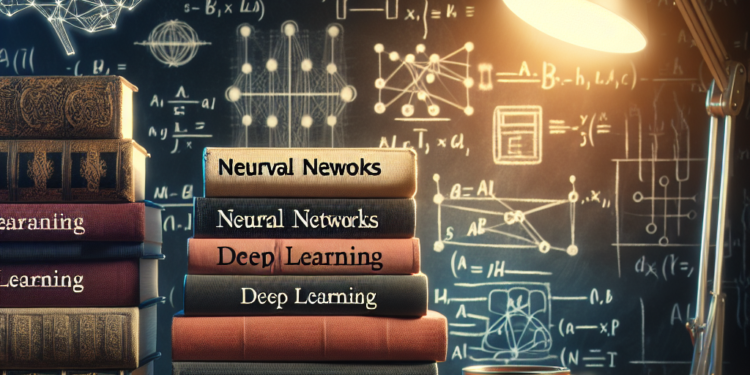Artificial Intelligence (AI) has become an increasingly important field in the modern world, with applications ranging from healthcare to finance to transportation. One of the key technologies driving the advancement of AI is neural networks, a type of machine learning algorithm inspired by the way the human brain works. Understanding neural networks is essential for anyone interested in AI and its potential applications, and there are many books available that can help readers gain a deeper understanding of this complex and fascinating technology.
One of the foundational books on neural networks is “Neural Networks and Deep Learning: A Textbook” by Charu Aggarwal. This book provides a comprehensive overview of neural networks, starting from the basic concepts and building up to more advanced topics like deep learning. It covers both the theoretical foundations of neural networks and practical applications, making it a great resource for both beginners and experts in the field. The author also provides practical examples and exercises to help readers apply the concepts they learn in the book.
Another excellent book on neural networks is “Deep Learning” by Ian Goodfellow, Yoshua Bengio, and Aaron Courville. This book covers the latest advances in deep learning, a subset of neural networks that uses multiple layers of artificial neurons to model complex patterns in data. The authors discuss the mathematical principles behind deep learning, as well as practical tips for designing and training deep neural networks. This book is a must-read for anyone interested in cutting-edge AI technologies and their applications.
For readers looking for a more hands-on approach to learning neural networks, “Python Machine Learning” by Sebastian Raschka and Vahid Mirjalili is an excellent choice. This book provides a practical guide to implementing neural networks in Python, using popular libraries like TensorFlow and Keras. The authors cover a wide range of topics, from building simple feedforward neural networks to more complex architectures like convolutional and recurrent neural networks. This book is ideal for readers who want to get started with neural networks quickly and start experimenting with AI projects.
For readers interested in the ethical and societal implications of AI and neural networks, “Weapons of Math Destruction” by Cathy O’Neil is a thought-provoking read. In this book, the author discusses how algorithms and machine learning models can perpetuate social inequalities and harm vulnerable populations. She explains how biases in data and flawed decision-making processes can lead to harmful outcomes, and calls for more transparency and accountability in the use of AI technologies. This book is essential reading for anyone working in the field of AI, as it highlights the importance of ethical considerations in AI development.
Lastly, for readers looking for a more philosophical perspective on neural networks and AI, “Superintelligence” by Nick Bostrom is a fascinating exploration of the potential risks and benefits of advanced artificial intelligence. The author discusses the possibility of creating superintelligent machines that exceed human intelligence, and the potential implications of such a development for humanity. Bostrom raises important questions about the future of AI and the need for careful ethical considerations in its development. This book is a must-read for anyone interested in the broader implications of AI technologies.
In conclusion, understanding neural networks is essential for anyone interested in AI and its applications. There are many excellent books available that can help readers gain a deeper understanding of this complex and fascinating technology, from foundational textbooks to practical guides to ethical considerations. Whether you are a beginner looking to get started with neural networks or an expert looking to explore cutting-edge developments in deep learning, there is a book out there for you. Happy reading and happy learning!













